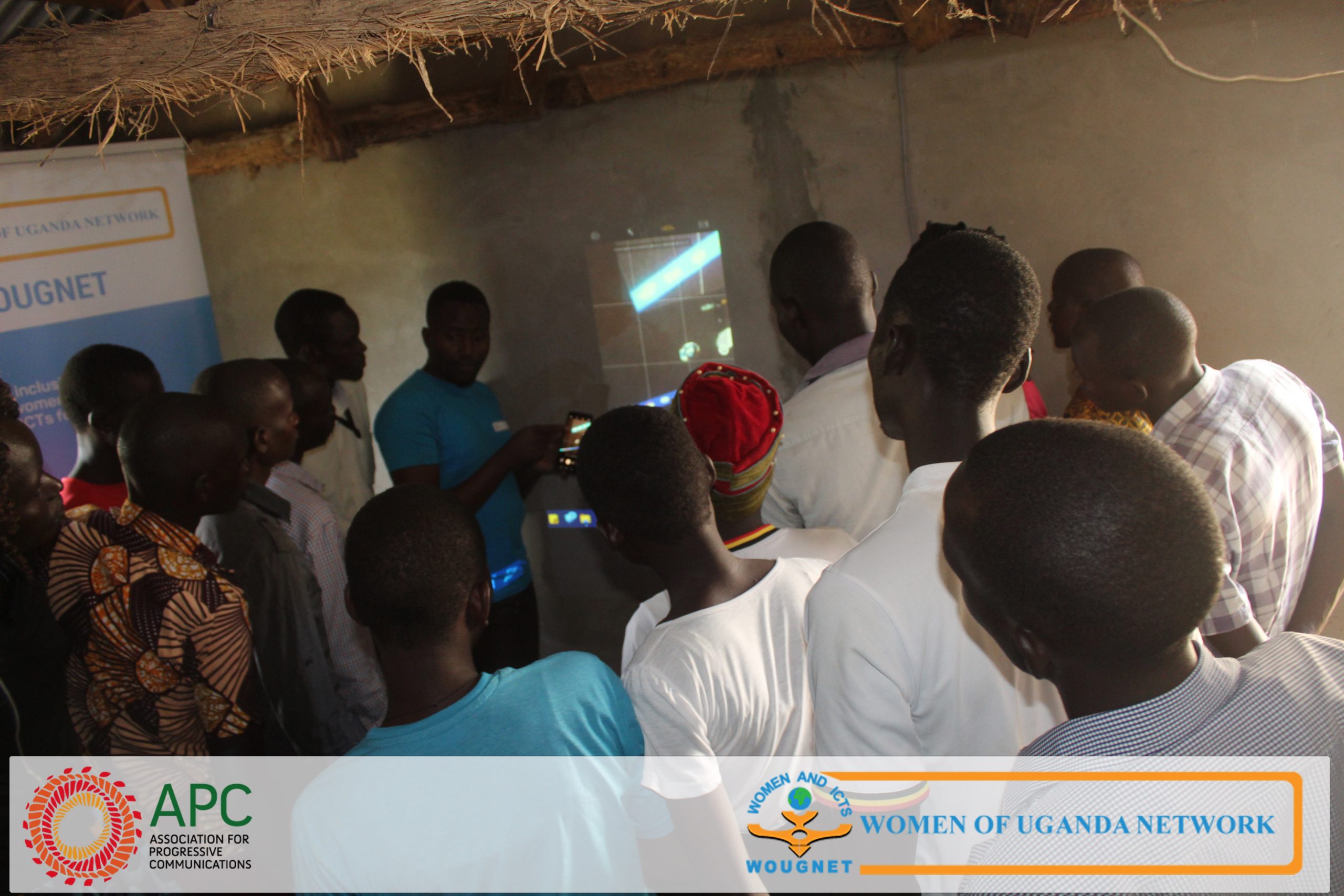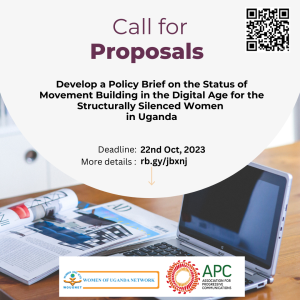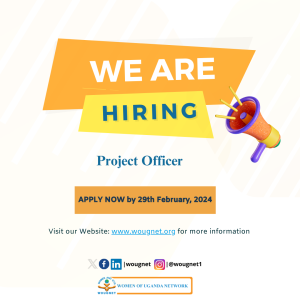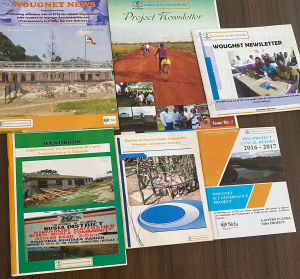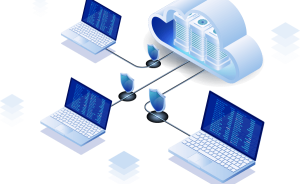Caption: Digital Literacy Training by WOUGNET
Even though the gender digital divide has been narrowing across all regions, women remain digitally marginalized in many of the world’s poorest countries, where online access could potentially have its most powerful effect. There are approximately 4.9 billion people online and 2.9 billion offline with the biggest percentage of those offline being the unprivileged communities, persons with disability, the rural poor, and rural elderly and these categories are majorly from developing countries. The digital divide often means a lack of access to broadband internet and access to wireless technologies such as Wi-Fi.
Uganda being a low-income country and among the poorest in the world with 41.7% of the population living below the poverty line of less than 1 dollar per day subjects the country to an increasing digital divide. Therefore, this means a lack of income to purchase devices or bundles to access the internet, and the digital divide for women is further affected by three factors: digital access, their gender being female, and being in rural areas. The coronavirus disease of 2019 (COVID-19) pandemic has highlighted difficulties of digital access, and this tremendously affected the digital experience of women in the rural areas through limited access to digital technologies, lack of skills, motivation, emotions, and utility which then causes the triple digital divide.
Firstly, access to mobile phones is very vital because they are essential mediators of society’s daily practices to enhance communication and seek information. Access to information is more efficient and only possible for those that live in the urban areas more than those that live in the rural areas because of several factors like slow or no internet connectivity, limited electronic devices, and many others.
Another gap affecting women in rural areas that hinders engagement with digital technologies is related to the digital skills and capacities needed to use these devices, services, and platforms. As mentioned before, because women are constrained from even access to the digital technologies which society frames, it’s the work of the women to only do unpaid care work and not to be involved in public domain employment.
Two closely related barriers which are “emotions” and” motivations” have affected the digital practices of women experienced in their daily use of the internet and digital devices. Therefore, emotions affect the motivations and interests of women in society before and after using digital technologies. Examples include anxiety, cyber-harassment, etc.
Lastly, utility comes from the experiences of the pandemic, the internet’s importance is huge and still growing. Arguably, it’s never been more essential than in the past few years, as communities find it as the only tool that eases collaborations and communication. On the contrary, it is still a discussion if the internet is an essential utility which then does not reduce the digital gap.
The internet being a crucial component of technology in the information age, can be used to access information, and support human communication via social media, and electronic mail. According to the women that WOUGNET engaged during the Information Communication Technology (ICT) training conducted in partnership with the Association for Progressive Communications (APC) as part of the COVID-19 women’s resilience in Uganda, it was reported that the internet can be an enabler for women’s empowerment through communication with one another. This is because the digital revolution has changed the way we work. One of the participants reported that the internet helps to access information and helps them connect with each other and so communication becomes another method of electronically sharing or storing data. “Women being primary players in the farming industry, ICTs have improved their lives in many ways, from monitoring crops and animals to tracking market prices and also spreading good practices to facilitating access to different services such as banks and so many others,” she added.
Particularly in the case of women who play a fundamental role in agricultural production, access to ICTs can help improve the lives of their families, from the incomes generated ensuring the sustainability of lives in the rural areas.
The use of ICTs is becoming increasingly common, however, women are often prohibited from accessing and using the technologies because of prevailing cultural practices and complex forms of technology. In doing so, different approaches to narrowing the digital divide have been discussed with some of the women in the grassroots during WOUGNET’s visits to her 20 member organisations spread across the country to train them on digital skills and provide mobile phones in addition to the provision of monthly internet bundles from December 2021 until now.
Recommendations
In order for women to access and use ICT tools and the internet in the rural areas, there is a need to provide the right blend of technologies, especially for women in rural areas that are suited to local needs. This will enable them to access information from blended approaches, such as radios and mobile telephones. This will in long run support the relevant use of technologies to communicate and share ICT experiences in agriculture, and entrepreneurship and serve better different users.
The need to be gender sensitive in terms of rights to access and ownership of devices to reduce the gender inequalities in the digital space, especially to reduce the gap between urban and rural populations. Having digital inclusion policies with gender perspectives should be promoted to enable men and women to access and use ICTs equally.
Build partnerships with different entities such as the local private companies, producer organizations, and community-based and non-governmental organizations (NGOs) to provide information and good quality services to women especially those that own small businesses, farmers, etc. to expand their market and improve on the different sustainable practices.
In a nutshell, WOUGNET continues to work in partnerships with government entities, local and international civil society organisations, and communities to address the challenges faced by women in rural areas to enhance their access and use of ICT tools and the internet. One of the strategies to ascertain this has been through the implementation of the Strengthening Women’s Livelihoods and Magnifying Resilience to COVID-19 Emergency by Promoting Effective Use of Digital Technologies in Uganda (SMILE) project funded by the Association for Progressive Communications (APC) which focuses on access and use of digital technologies and software, providing internet access to women and women’s rights organisations to reduce the triple divide: digital, rural, and gender.
Written by Esther Nyapendi, SMILE Project Lead, Technical Support Officer

